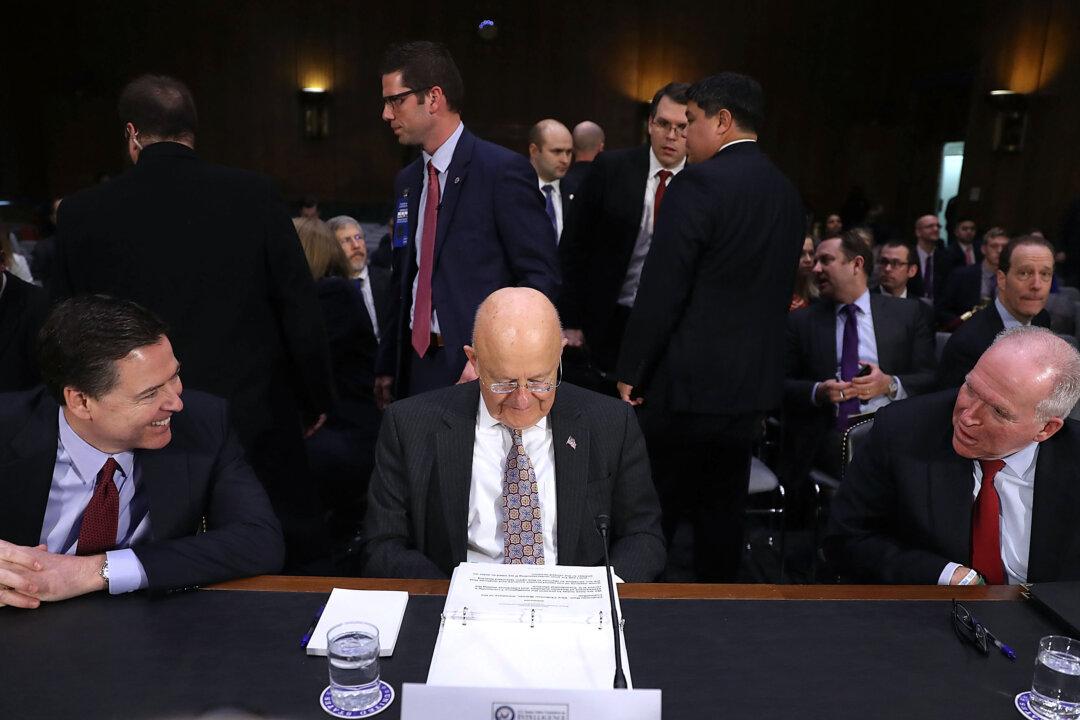Commentary
WikiLeaks founder Julian Assange had been holed up in the Ecuadorian Embassy in London since 2012, until his asylum was revoked on April 11 and he was arrested by UK police.Concurrently, the U.S. Department of Justice unsealed an indictment against him and requested his immediate extradition to the United States.
That indictment makes for some illuminating reading. It seems that, instead of just being a passive recipient of classified information from concerned whistleblowers, Assange was actively working to aid a source in trying to break into the Department of Defense’s Secret Internet Protocol Network.
That source was none other than the infamous Bradley Manning (now Chelsea Manning), the former U.S. military intelligence analyst who stole almost four complete databases of documents and transmitted them to WikiLeaks in 2010. WikiLeaks then subsequently published most of that classified information.
Just last month, Manning refused to cooperate with a federal grand jury investigating the assistance that Assange provided to him in attempting to hack into the Secret Internet Protocol Network and was subsequently jailed. Before leaving office, one of President Barack Obama’s final acts was to commute Manning’s 35-year prison sentence for the theft of classified documents. Manning had served just seven years of that sentence.
Attempting to aid a source in hacking into a government intelligence network means this isn’t a case of a government employee bringing Assange specific documents that highlight abuse or corruption within a federal agency so he could publish it. This was Assange allegedly trying to help someone break into a classified network.
It is—despite what you may be hearing from some people—against the law for a publisher to engage in criminal activity to help a source steal classified information, which is exactly what Assange is alleged to have done here.
There are strict laws about what happens to government employees who expose classified documents to people who don’t have security clearances or display the documents outside of controlled environments.
For example, you only have to look at the case of how then-CIA Director Gen. David Petraeus was tried and convicted several years ago for showing classified documents to a woman with whom he was having an extramarital affair—she had a security clearance, mind you—at his home and not inside of a secure facility. I previously wrote about that case and compared it with what former FBI Director James Comey did in taking classified documents with him after he was fired in May 2017.
So, with that in mind, you can more easily imagine how much more serious a crime it is if you happen to get caught attempting to aid someone in hacking into a classified military intelligence network, so you can steal documents from that network and publish them.





